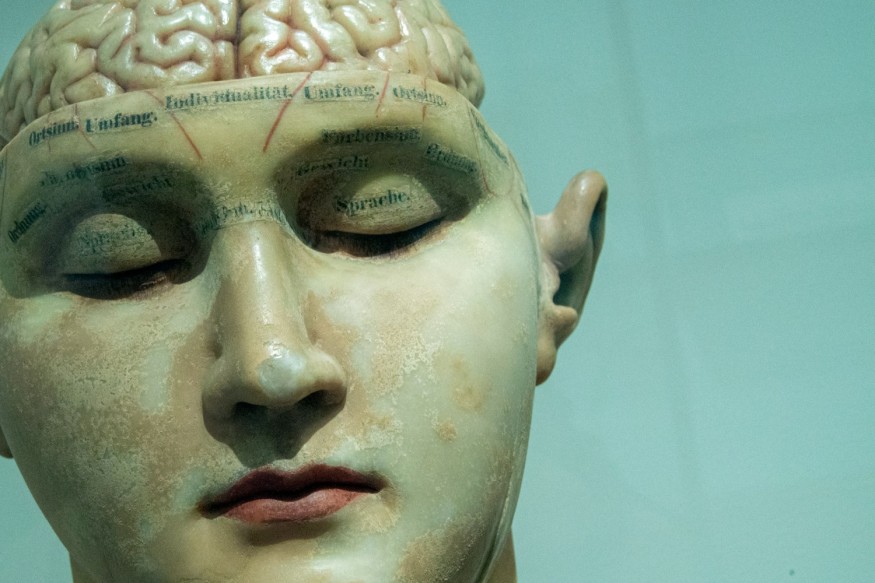
In a fast-paced world where knowledge constantly evolves, having insights into how we can better learn can make a massive difference in your success. This is where neuroplasticity comes into the picture. Whether you're a new student, an old learner, or an avid teacher studying the Masters in Teaching Online, neuroplasticity can play a major part in your life. In this article, we'll delve into the essence of neuroplasticity, how it works, and how you can use it to your advantage.
Unraveling Neuroplasticity and Its Impact on Learning
Neuroplasticity refers to the brain's ability to restructure itself by establishing neural connections throughout one's life span. This flexibility underscores our aptitude for acquiring knowledge and emphasises the potential for cognitive enhancements regardless of age. It is a constant process that happens no matter what part of life you're in. It can be adapted to your needs.
So, for anybody looking to enhance their mental capacity, grasping the concept of neuroplasticity can revolutionise our approaches to education and personal growth. When looking to impact our learning, we can find a variety of methods that can help augment learning experiences and give us the best possible advantage in this competitive environment.
Understanding the Science Behind Neuroplasticity
Before delving into specifics, we must grasp what neuroplasticity entails and how to integrate it into our routines. This understanding will help us understand how the process works and how to focus on building more robust brain function.
Neurons That Wire Together Fire Together
The concept of neuroplasticity is relatively new, and our understanding of how the brain functions continues to evolve. At the core of neuroplasticity are neurons, cells that transmit information throughout the brain and nervous system. The saying "neurons that wire together fire together" is one concise way to boil the process down, meaning that when you repeatedly engage in an activity, the neurons in that activity strengthen their connections over time.
These connections are established through synapses, which are intersections where neurons communicate. The more a synapse is used, the stronger it becomes, improving communication efficiency. Learning to play an instrument, like the piano, may be challenging initially, but with practice and repetition, it becomes easier. This is because the neural pathways become more established.
The Role of Neurotransmitters
Neurotransmitters are messengers that aid communication between neurons and play a role in neuroplasticity by influencing the strength of synapses. One integral neurotransmitter is dopamine, which is essential for motivation and learning based on rewards. This neurotransmitter rises when you successfully learn a new action or skill, effectively reinforcing your behaviour and motivating you to repeat it.
Practical Implications for Students and Educators
There are things to think about regarding plasticity for both educators and students. Here are tips to remember in a world of distractions and new habits. Keeping these in mind can make your learning experience more effective.
Enhancing Study Habits and Memory
To improve study habits and memory, students can use neuroplasticity to their advantage. One helpful method is spaced repetition, where information is reviewed at increasing intervals. This technique helps strengthen connections over time. You can also start involving the senses during study sessions, which can boost memory retention and help you become a more active participant during learning.
Mindfulness and Stress Reduction
Chronic stress can impede neuroplasticity and learning, which is why it's important to think about mindfulness and stress reduction. This cortisol or fight or flight response can be terrible for learning because you're not relaxed. These negative effects can be lessened by practising mindfulness and stress-reducing techniques. Encouraging students to incorporate mindfulness techniques like simple breathing or meditation can improve neural plasticity.
Creating a Growth Mindset
Instilling a growth mindset in students can significantly influence learning capacity as well. It means believing that intelligence and skills can be developed at any time. We can cultivate this mindset by encouraging ourselves to see challenges as opportunities for growth and highlighting the significance of resilience. Having this belief helps us strive for further success in our fields and opens the mind up to learning.
The Power of Continuous Learning and Brain Flexibility
Learning doesn't end with schooling, and this shows when we start to understand the brain and its flexibility. It's a practice to uphold throughout life that can help reduce cognitive decline as we age, so it's important not only for learning but also for maintaining healthy mental states. Luckily, there are some ways that we can keep the brain active as we get older.
The Importance of Social Connections
Social engagements are crucial for brain flexibility and overall cognitive health. Having conversations, participating in group activities, and nurturing social connections can help keep the brain active and prevent cognitive decline. If you enjoy learning throughout life, joining clubs, attending workshops, or engaging in community events offers interaction and mental stimulation opportunities. These activities do not boost the brain's ability to change and adapt but contribute to overall well-being.

Embracing a Healthy Lifestyle
Maintaining a lifestyle is critical to supporting neuroplasticity. Eating a diet that includes antioxidants, omega-3 fatty acids, and other beneficial nutrients for the brain can enhance function. Some more specialised foods, like berries, wild-caught salmon, avocado, and even walnuts, can be implemented, and they are known to help brain function specifically. Also, ensuring that you're constantly stimulated physically can have remarkable impacts on the brain, so keep this in your routine.
In Summary
Neuroplasticity plays a role in our capacity to learn, adapt, and develop, whether you're a student striving for achievement, someone focused on health, or a teacher looking to assist others in being effective learners. While conventional wisdom has told us that our brains are not able to adapt and change, this isn't necessarily the case, making it more exciting to see the true potential of our minds. So, starting to focus on these abilities can lead to better mental sharpness, understanding, and endless opportunities. The brain is an amazing organ capable of various functions, so don't ever limit yourself and what you're capable of, regardless of age or ability.
© 2026 NatureWorldNews.com All rights reserved. Do not reproduce without permission.





